Why does Cameron want to raid foreign aid bank? Answer: Syria
PM's new strategy masks the ugly truth – that unless Trident is dropped, we cannot afford these missions

A free daily email with the biggest news stories of the day – and the best features from TheWeek.com
You are now subscribed
Your newsletter sign-up was successful
THE KEY to David Cameron's suggestion that the government raids the international aid budget to spend on military missions to provide security in foreign trouble-spots is the timing.
The Prime Minister is clearly thinking about "doing something" concerning Syria, which according to some security sources is now an obsession with Number 10.
Very soon we are likely to hear that British forces will be joining a multinational force, sanctioned by Nato and the UN, to "protect" vulnerable refugee communities on the borders with Turkey, Lebanon and Jordan.
The Week
Escape your echo chamber. Get the facts behind the news, plus analysis from multiple perspectives.

Sign up for The Week's Free Newsletters
From our morning news briefing to a weekly Good News Newsletter, get the best of The Week delivered directly to your inbox.
From our morning news briefing to a weekly Good News Newsletter, get the best of The Week delivered directly to your inbox.
The doctrine espoused by the UN in 2005 of "the responsibility to protect" the vulnerable – R2P, as its known in the trade – would be invoked and the mission would perhaps deliver some form of reassurance to the beleaguered King Abdullah of Jordan, whose country has been receiving more than 5,000 refugees from Syria every day.
The public would be assured that it was a band-aid mission, a swift patch-up of very short duration. But, of course, such operations can last for decades – for example, the UN forces in southern Lebanon or those monitoring the ceasefire in Cyprus since 1974.
The idea of raiding the overseas aid bank to pay for defence operations hides a much bigger issue – one that this government is desperate not to confront. There just isn't the cash to pay for current defence programmes and policies for the foreseeable future. Something big has got to give, and pretty soon.
The current annual defence budget of £34 billion is likely to be cut further as we plough into the third phase of a triple dip recession. The Army faces the prospect of its numbers being cut well below the 84,000 already announced. Gloomsters say we could end up with a regular force of as few as 60,000. (We had 105,000 last year.)
A free daily email with the biggest news stories of the day – and the best features from TheWeek.com
Proposals for a new reserve of 30,000 part-time soldiers have already gone up in smoke. The government thought this would be a cheap option to swell the ranks. But it is going to be hard to raise such a force because commercial firms large and small aren't too keen to give up capable staff for lengthy military service.
Then there's the expense. The US National Guard – a favourite model – is a prime porker in US pork-barrel politics, the lavish distribution for patronage from Washington.
The reason the ranks have to be thinned it to help pay for the huge equipment programmes already under way or about to be launched, and which, most sane observers agree, are of marginal use.
Several billion pounds have already been spent on replacing the Trident nuclear ballistic missile system. Complete with four new submarines, the programme will cost at least £38 billion over the next 25 years.
This is a huge chunk of the defence budget – and for a system that can never, in a realistic and humane world, be used. It is unlikely to deter any of the new players in the new nuclear poker game, particularly those being egged on by North Korea and Iran.
Almost as unrealistic is the programme for the two new Fleet aircraft carriers, one of which is now nearly complete in Rosyth dockyard. With their Joint Strike Fighter aircraft, this monster pair will cost around £20 billion in total by the time they both put to sea. Yet they will be of little use because they cannot be fully protected and escorted in an all-out hot war. Furthermore, the range of the JSF planes is restricted, meaning they can be used only for minimalist coastal operations.
Politicians are particularly keen on the UK's Special Forces. But the more they shrink the pool of professional forces from which they are drawn, the less special the Special Forces become.
The next Defence Review is not due until 2015, after the next general election. At that point, Cameron – or his successor – must face the fact that if Number 10 wants to send troops to Syria's border, or the Gulf, or Mali, or wherever, then Britain needs to junk such 20th Century legacy projects as Trident and the Fleet carriers and face up to the real requirements for our security in the 21st Century.
Which means an Army strong enough to provide highly trained and motivated young men and women who can be moved around the globe at very short notice.
is a writer on Western defence issues and Italian current affairs. He has worked for the Corriere della Sera in Milan, covered the Falklands invasion for BBC Radio, and worked as defence correspondent for The Daily Telegraph. His books include The Inner Sea: the Mediterranean and its People.
-
 The environmental cost of GLP-1s
The environmental cost of GLP-1sThe explainer Producing the drugs is a dirty process
-
 Greenland’s capital becomes ground zero for the country’s diplomatic straits
Greenland’s capital becomes ground zero for the country’s diplomatic straitsIN THE SPOTLIGHT A flurry of new consular activity in Nuuk shows how important Greenland has become to Europeans’ anxiety about American imperialism
-
 ‘This is something that happens all too often’
‘This is something that happens all too often’Instant Opinion Opinion, comment and editorials of the day
-
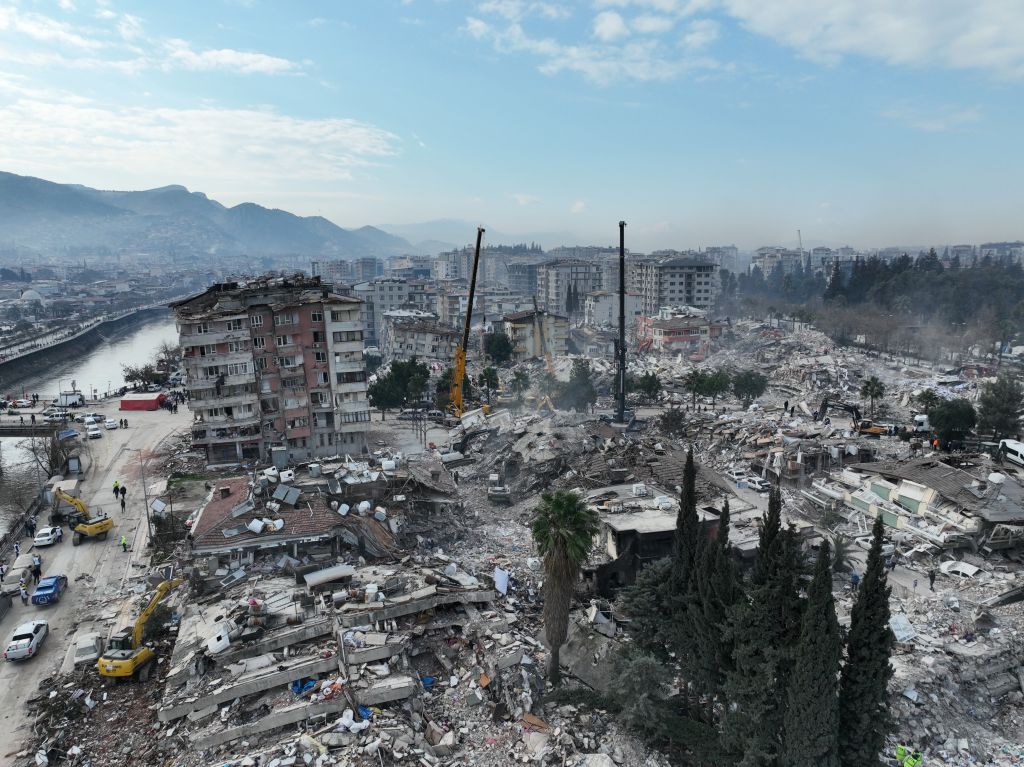 Death toll in Turkey-Syria earthquake tops 30,000 as survivors dwindle
Death toll in Turkey-Syria earthquake tops 30,000 as survivors dwindleSpeed Read
-
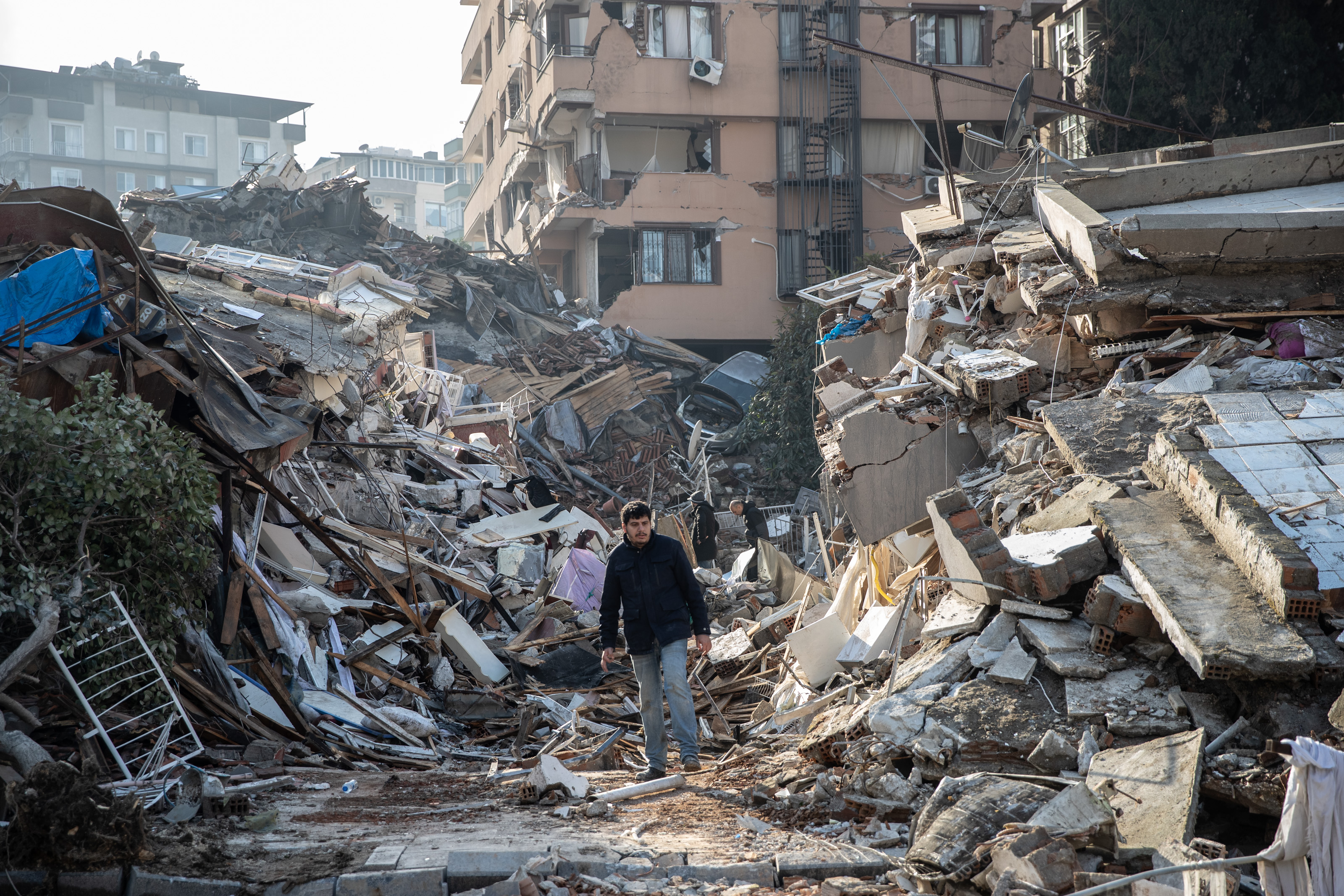 WHO says more than 20,000 may die from Turkish earthquake as freezing temperatures hinder rescue efforts
WHO says more than 20,000 may die from Turkish earthquake as freezing temperatures hinder rescue effortsSpeed Read
-
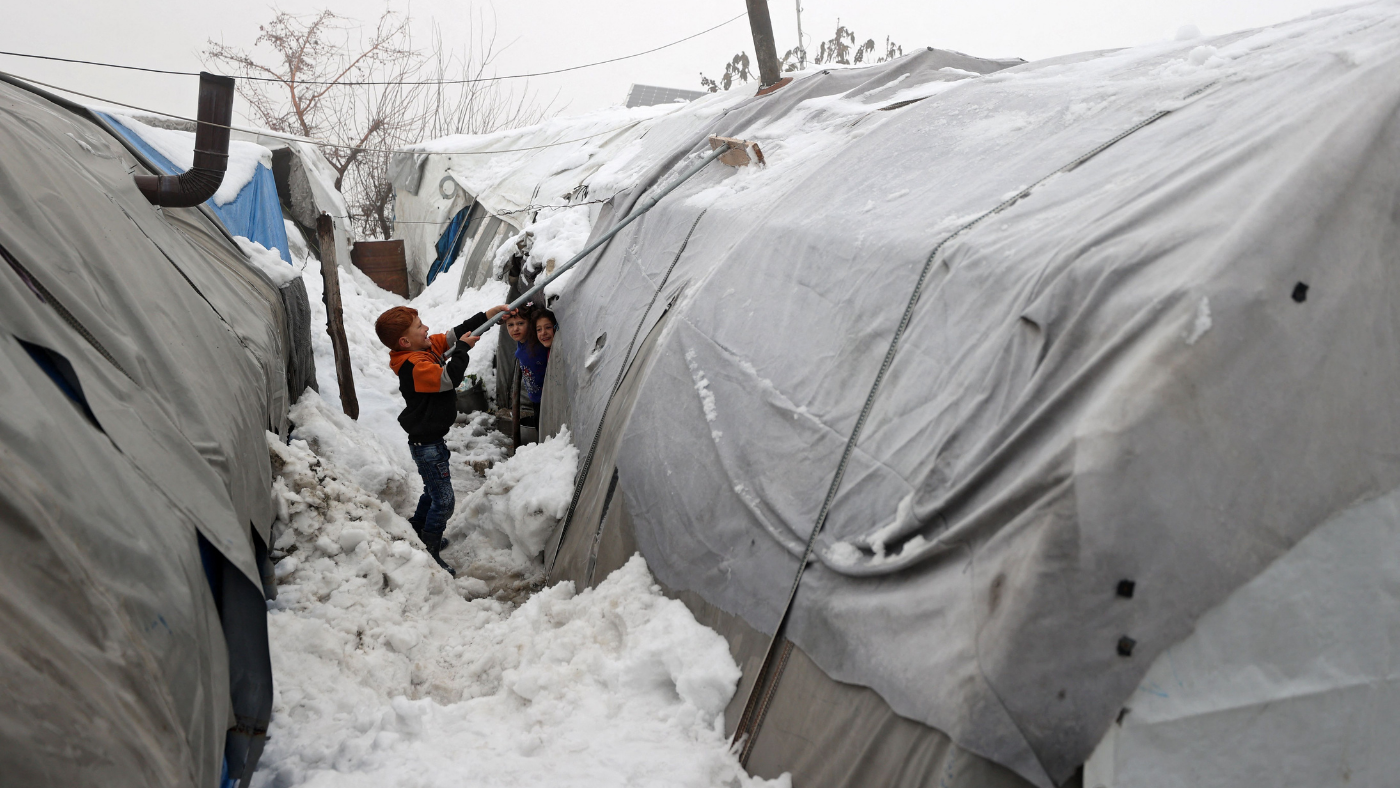 ‘The West can learn lessons about Putin from Syria’
‘The West can learn lessons about Putin from Syria’Instant Opinion Your digest of analysis from the British and international press
-
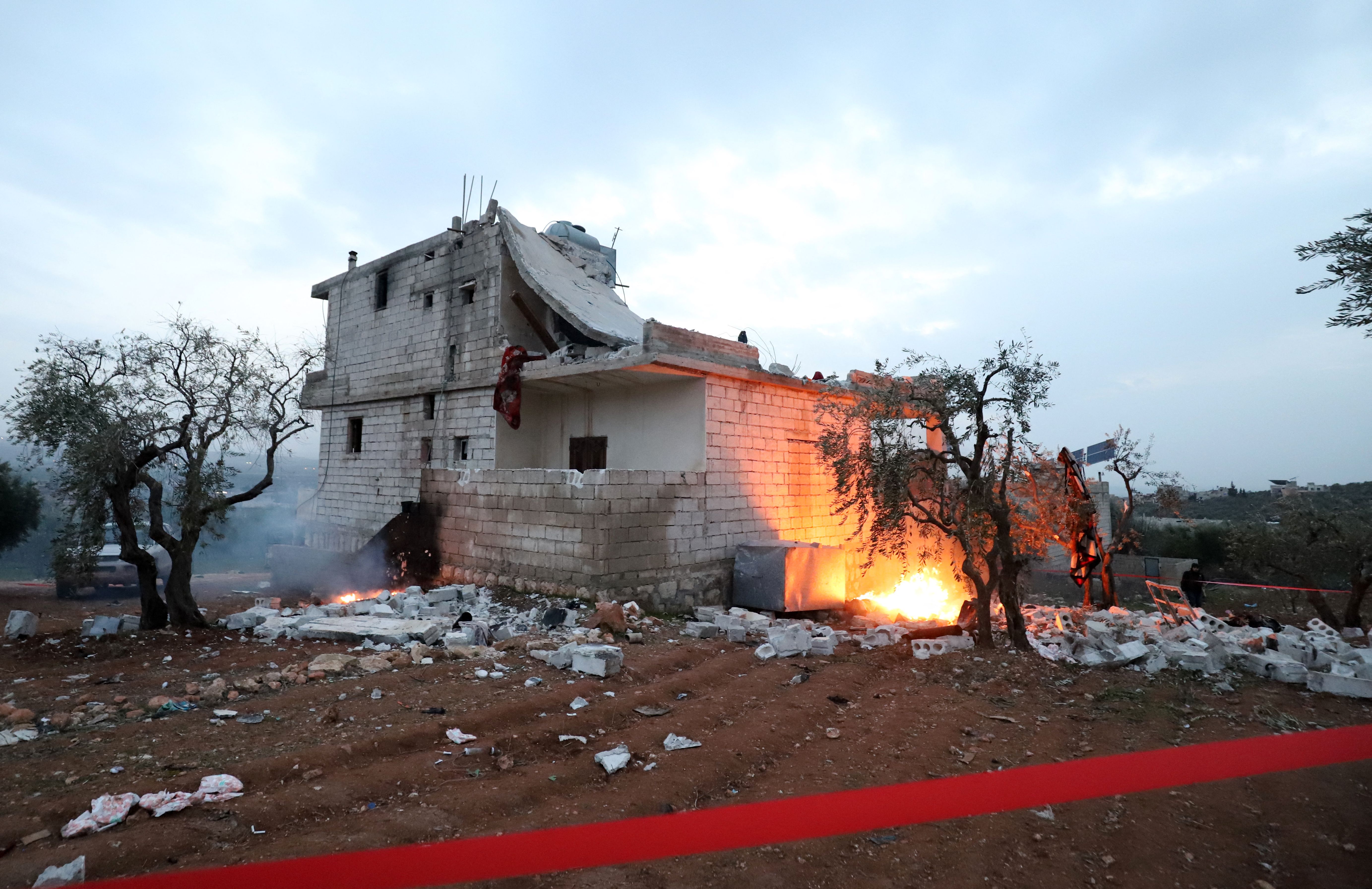 10 things you need to know today: February 4, 2022
10 things you need to know today: February 4, 2022Daily Briefing Biden says "horrible" ISIS leader died in Syria raid, the U.S. says Russia plans to justify Ukraine invasion with fake video, and more
-
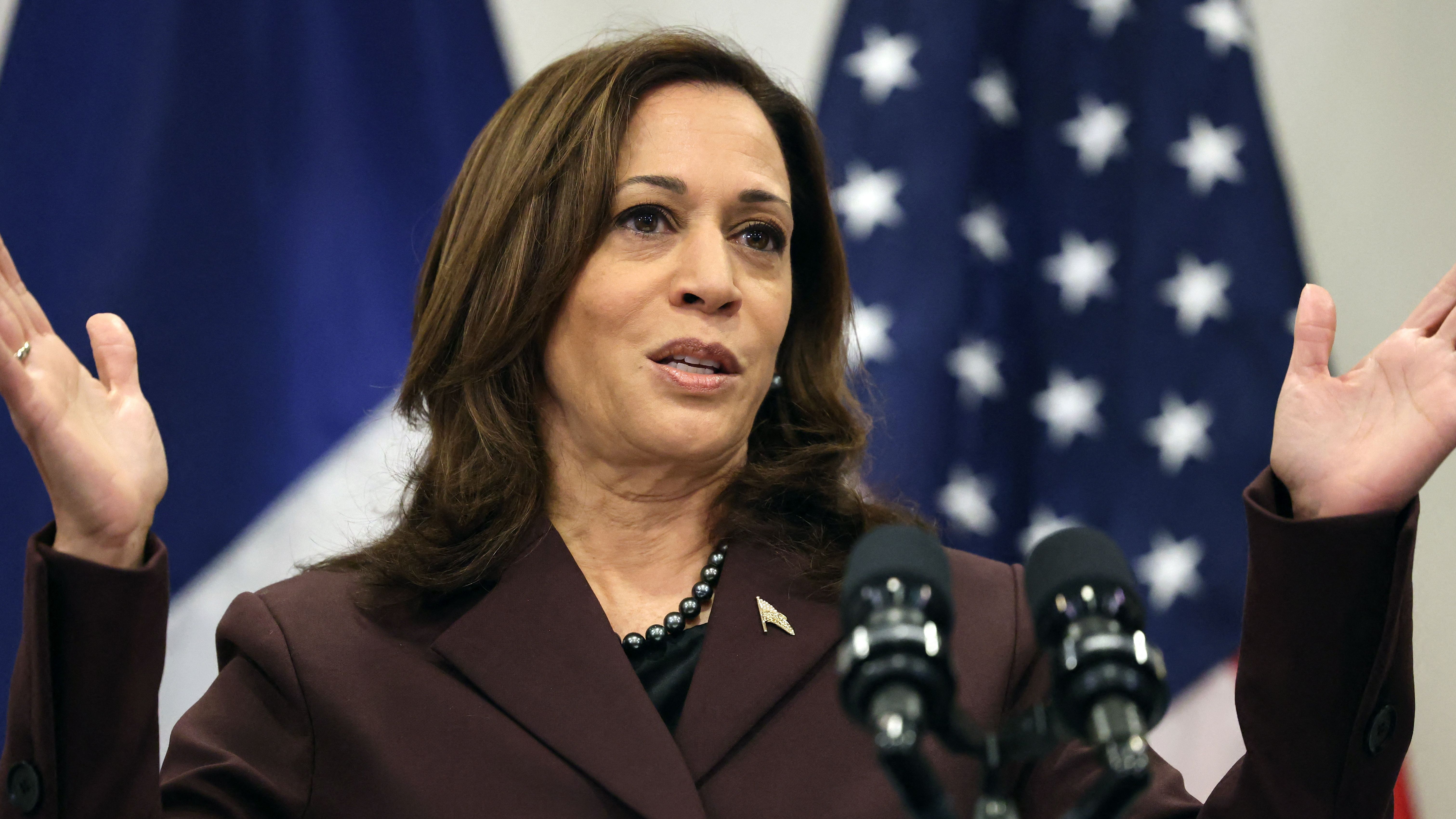 The Week Unwrapped: The VP, GPs and refugees
The Week Unwrapped: The VP, GPs and refugeespodcast Why are Kamala Harris' approval ratings in freefall? Should the government be able to tell doctors where to work? And why have bananas got Syrian refugees in trouble in Turkey?
-
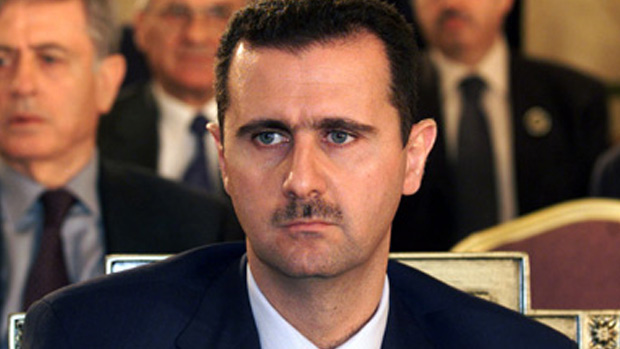 The Week Unwrapped: Exiles, revolting prisoners and sporting health
The Week Unwrapped: Exiles, revolting prisoners and sporting healthpodcast Will Syrian criminals be allowed home? How did an American prison fall into the hands of inmates? And why are sports stars struggling with their mental health?
-
 ‘The tide will turn against the Tories unless they build more homes’
‘The tide will turn against the Tories unless they build more homes’Instant Opinion Your digest of analysis and commentary from the British and international press
-
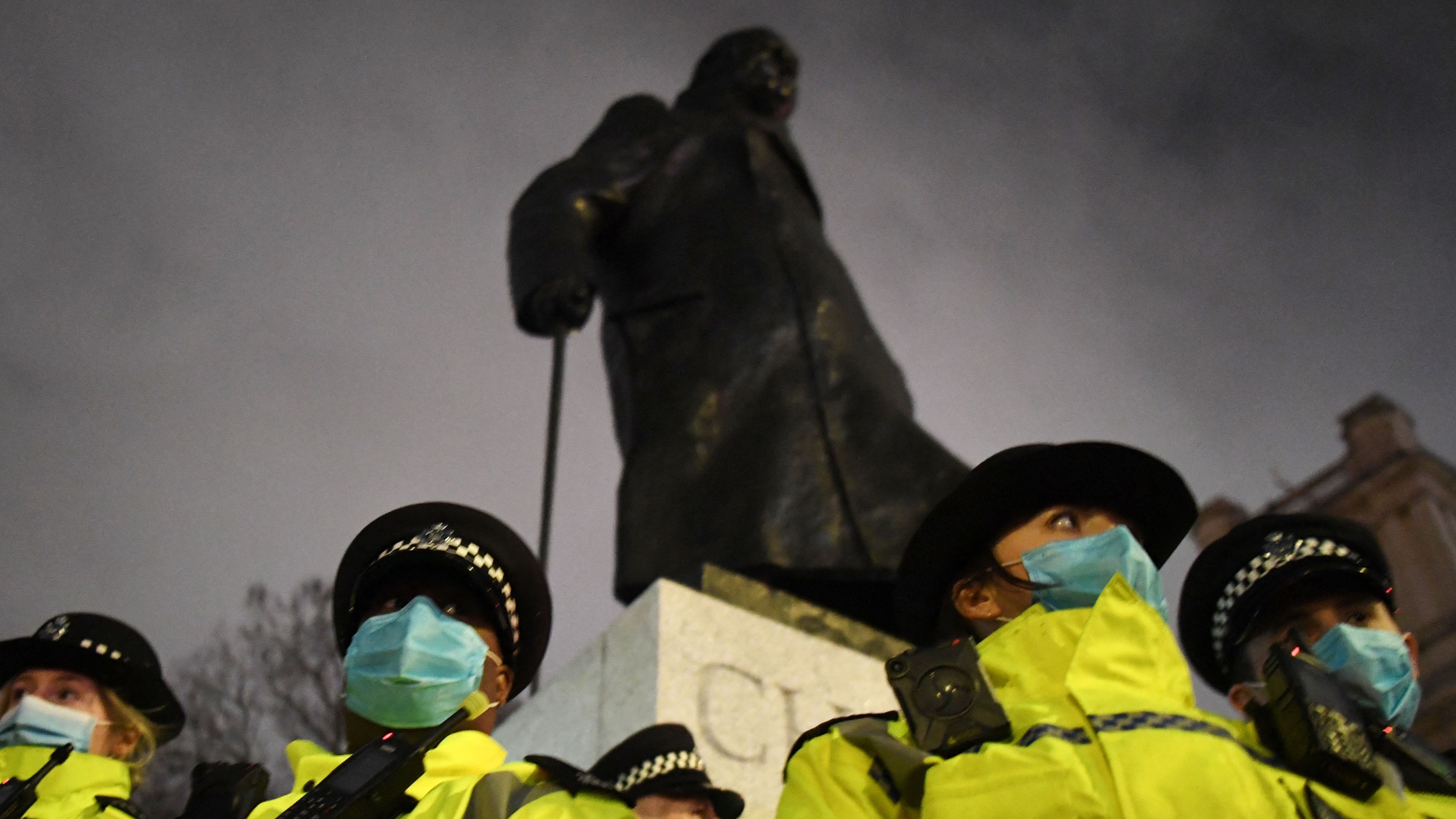 ‘A society preoccupied with national symbols is an insecure one’
‘A society preoccupied with national symbols is an insecure one’Instant Opinion Your digest of analysis and commentary from the British and international press